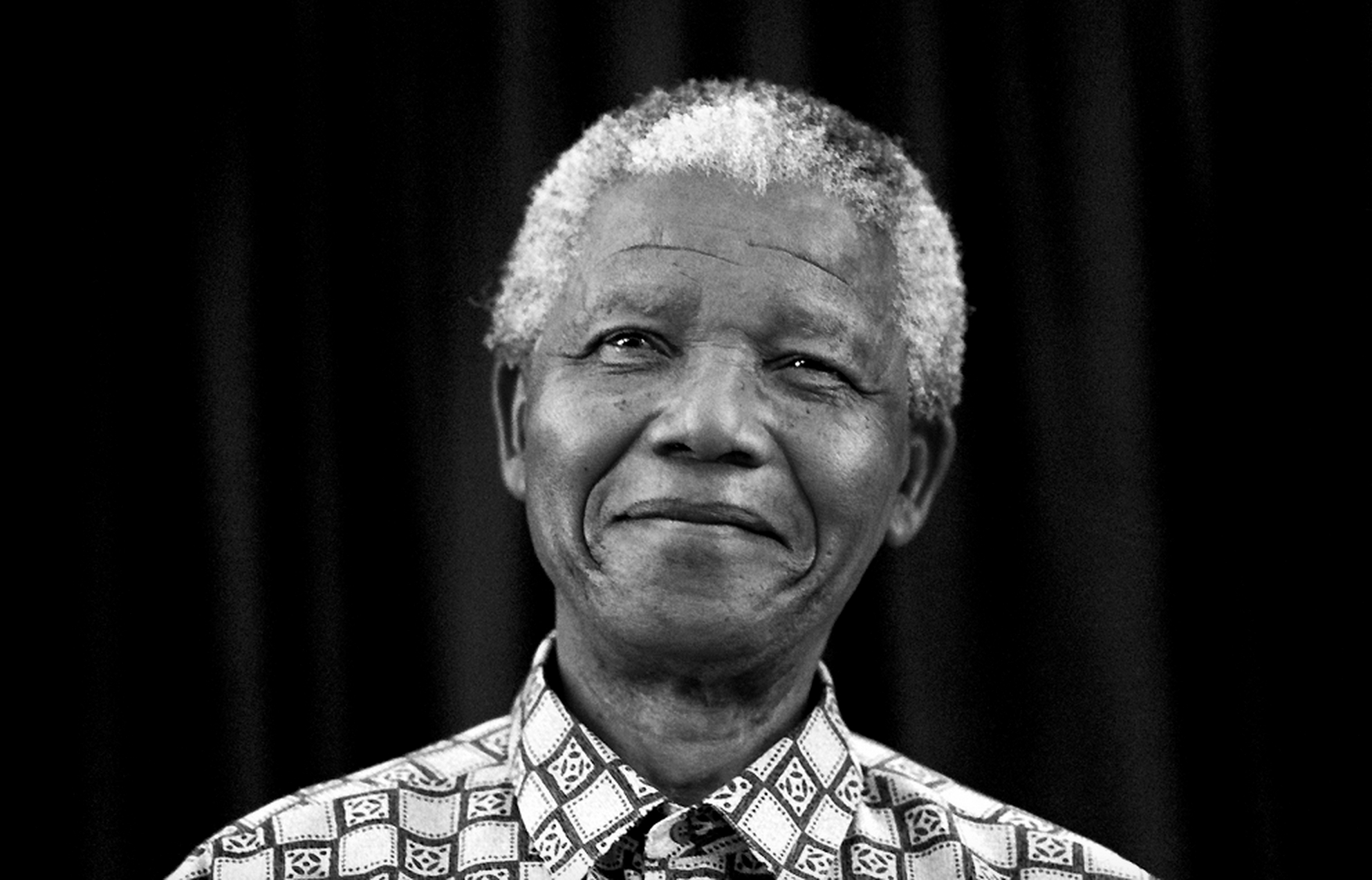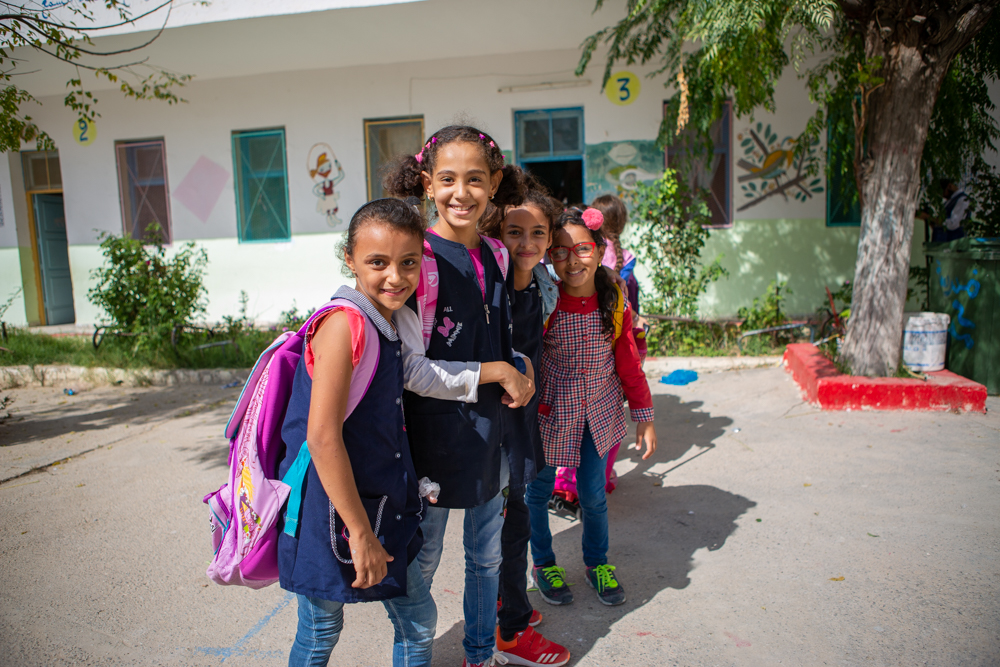A Firefighter in Houston: Rescuer and Evacuee
Firefighter Irfan Mujeebuddin in Houston lived through Hurricane Harvey from two perspectives at once — both as a rescue worker and an evacuee.
Irfan was on shift at the fire station the Sunday night after the hurricane struck Texas. A tornado had taken the roof off a friend’s home, but the winds had died down.
“It was almost a sigh of relief that there were some damages that were sustained but we made it through,” he said.
That is, until they realized the worst was still to come—floodwaters, rising slowly but relentlessly.
‘A Very Tough Night’
 Irfan lives west of Houston, a stone’s throw from two dams that protect the downtown from the waters of the Buffalo Bayou. When those dams were built nearly a century ago, planners didn’t know they would one day be surrounded by homes.
Irfan lives west of Houston, a stone’s throw from two dams that protect the downtown from the waters of the Buffalo Bayou. When those dams were built nearly a century ago, planners didn’t know they would one day be surrounded by homes.
Two and a half years after moving from the East Coast, Irfan is deeply attached to the community now calls home. Serving that community as a firefighter and EMT has deepened the bond.
On a normal Sunday night, firefighters might have a list of seven to nine calls to respond to. Last Sunday, as the waters rose, the list grew out of control. By 1 a.m. Monday, they had 360-370 calls waiting.
“Scrolling through that list of calls, it was all water rescues, all evacs,” Irfan said. “We were driving around for hours not actually being able to get anywhere.” Even the firetruck couldn’t get through the flooded roads. Prioritizing the most urgent calls, they were only able to get to a few homes.
“And even then when we got there the most we could do at that time — because the rainfall and flooding had gotten so bad — was to provide reassurance that when you call again with a life-threatening situation, we will come back here and be there for you. …
“Getting to the hospital or getting anywhere else would put them at a greater danger than coping with ankle deep water in their home.
“So that was a very tough night.”
The water was rising with frightening speed. They walked into one house where the water was knee deep. When they left, it was up to his waist.
“You don’t know when it’s going to stop. And that was the night that we got back to the station and the chief said, ‘It’s bad now, but it’s only going to get worse — they’re going to start releasing that dam at 2 a.m.’ ”
Banding Together
When he got off work at 6 a.m., he drove home to find his parking lot knee-deep in water. He waded in to his third-floor apartment, rested a little, and then walked through the building with some other residents to check on their neighbors. They moved residents from flooded first-floor apartments up to the second or third floors.
“People were absolutely devastated, but at the same time all the residents banded together and kind of created this bond in saying everything’s going to be OK and we’re going to get through this.”
They figured out what resources they had among them
“OK we have myself, a firefighter EMT. We have a physician in this apartment unit. In this unit we have a nurse. We have baby formula here, we have children over there. We tried to build a strategic plan.
“We truly got to the point when you realize you’re safe and well now, but you’re only as safe and well as your resources and supplies are — how long they last.”

It became clear just how unusual the situation was when Irfan went downstairs to help the leasing office move important documents.
Irfan’s cat was as stressed as the people. She moped under the bed, refusing to eat.
“And on the first floor of the apartment, I see a snake swimming through the hallway,” he said. “There’s many things that I’ll face when it comes to danger. I’ll fight a fire …” He laughed. The snake was a wake-up call that this situation was different from anything he’d experienced before.
And looking at the forecast, they saw there was a lot more in store.
Time to Leave
On Wednesday he woke up and the water supply had been cut off.
He looked outside to see that the water had risen high around the transformers that supplied electricity to the apartments. They were only about 1.5 feet from being covered. Police were warning that they would have to turn off the electricity to prevent a fire.
“We were completely impassible by land,” he said.
If that transformer were to catch fire, no one would be able to come and put it out.
The residents still had electricity and wifi for the moment, but the lack of water was a serious concern. Whatever bottled water they had was it — there would be no more.
Residents again took stock of their resources and shared what they had with each other.
The people of Houston were looking out for each other outside the building as well. Volunteers had come around on boats, jumping out and knocking on doors in the apartment to check on them. One of the volunteers had told Irfan, “This is the last boat we have. We’re not sure who’s going to come here next.”
He understood that to mean, “If the looters come, you’re on your own.”
Now, with dwindling resources and the threat of no electricity, it was time to flag down a boat and leave.
Irfan’s apartment faced the courtyard, so he couldn’t look out at the flooded streets. He tried doors to apartments facing the street until he found a vacant one the management had left open for residents to use. He went out to the balcony, and there was a boat. He flagged it down.
He headed back in, told the other residents a ride was coming, and grabbed some clothes and his terrified cat. They waded out through filthy, murky water to the boats and he helped residents in. They rode to a gas station that was serving as a central hub for evacuees and volunteers, and a friend was able to pick him up and take him to his apartment.
His cat was relieved. “The second she got out of that carrier, she was literally rolling around on the carpet in joy,” he said. “It was amazing to see that when she got out of that situation and she felt I guess in a safe place, within 5 minutes she was acclimated.”
Time for Healing
Now the waters are receding, and Irfan is busy back at work at the fire station.
“There’s a lot to replace and a lot to physically rebuild — I think that’s going to be a massive effort. Everyone’s car — my car is gone as well.
“But at the same time it’s just tending to the emotions and broken hearts of the community.
“The work that’s to come is really helping people get back on their feet emotionally,” he said. “It’s hit me hard. I’ve always seen these things from the comfort of my own family room on the television, and to really be in it now literally in that water — it’s been amazing to see that.
“But I wasn’t picked up by the Coast Guard, I wasn’t picked up by the police department — they were out there too, doing amazing work, but I was picked up by a volunteer.
“I think helping people feel comfortable again is well under way.”
Irfan praised the mosques and churches that opened their doors to the public
“I think in this troubling time and socio-economic climate, it’s amazing to see how the community … could really come together and have that Southern hospitality and show each other that when push comes to shove, we’re all on the same team, we’re all together, we’re all here to help each other out.”
Irfan urges everyone to join the spirit of caring for each other.
“Be ready to reach out. Every bit matters.”


